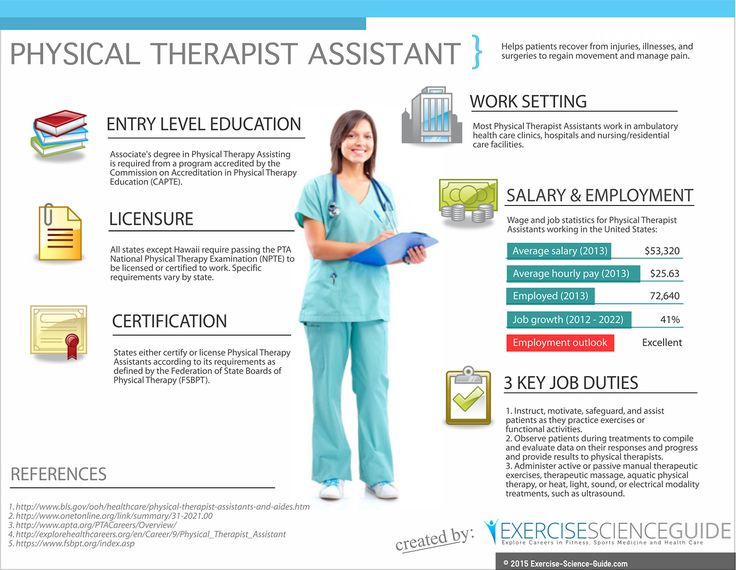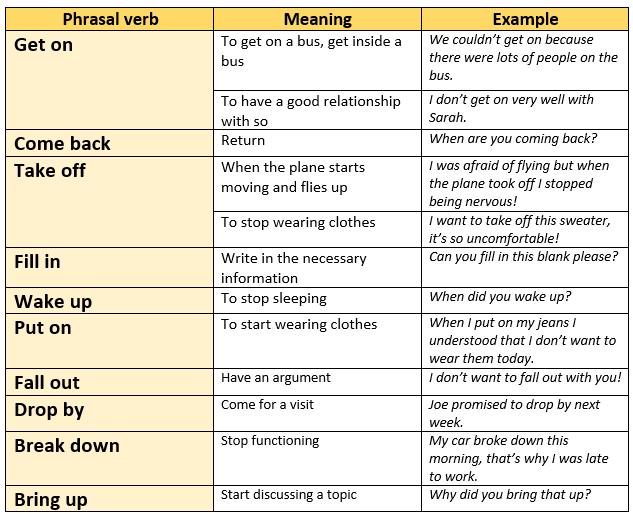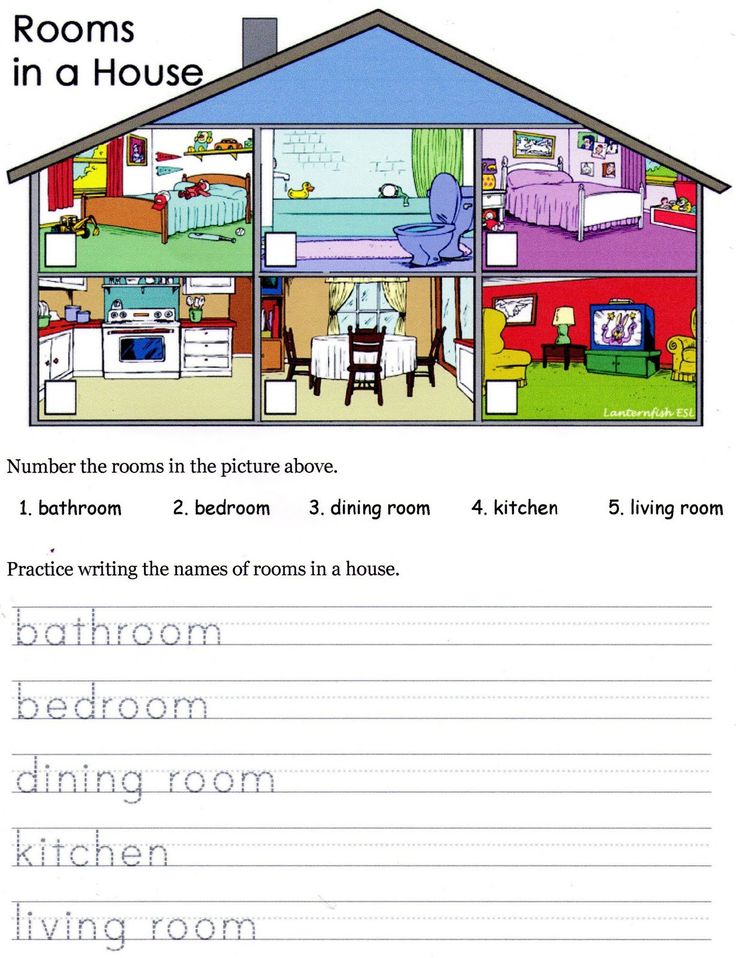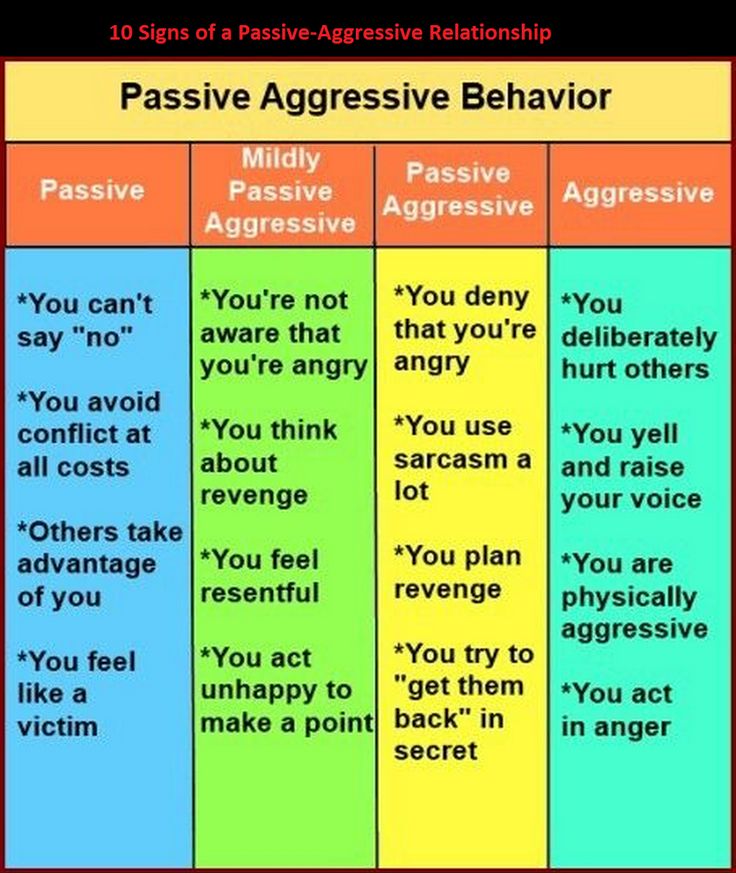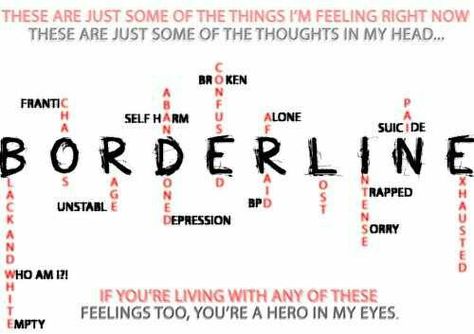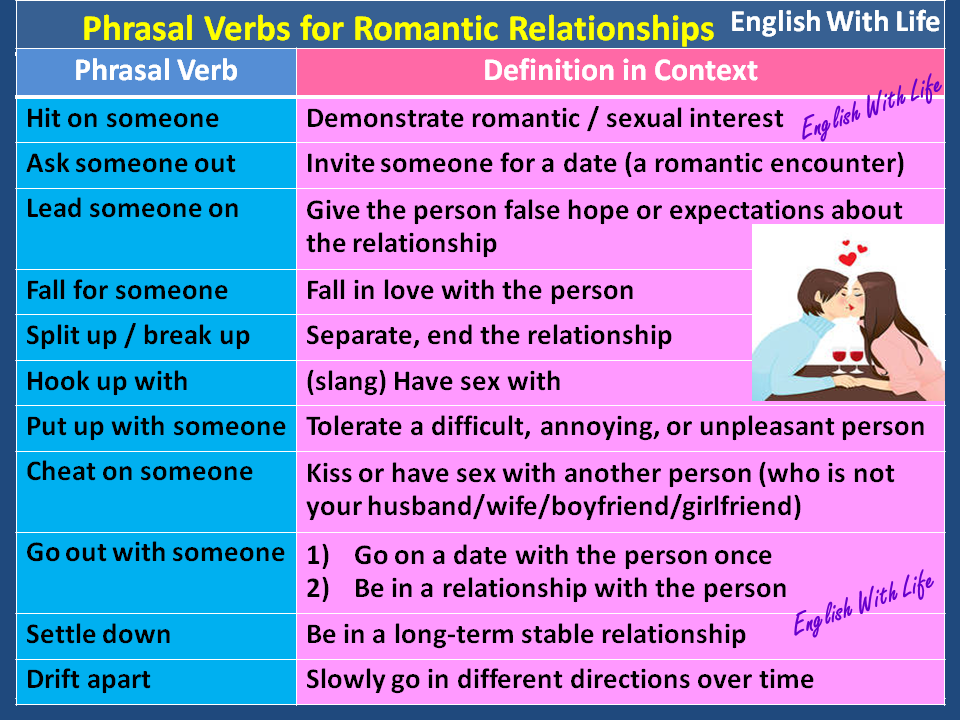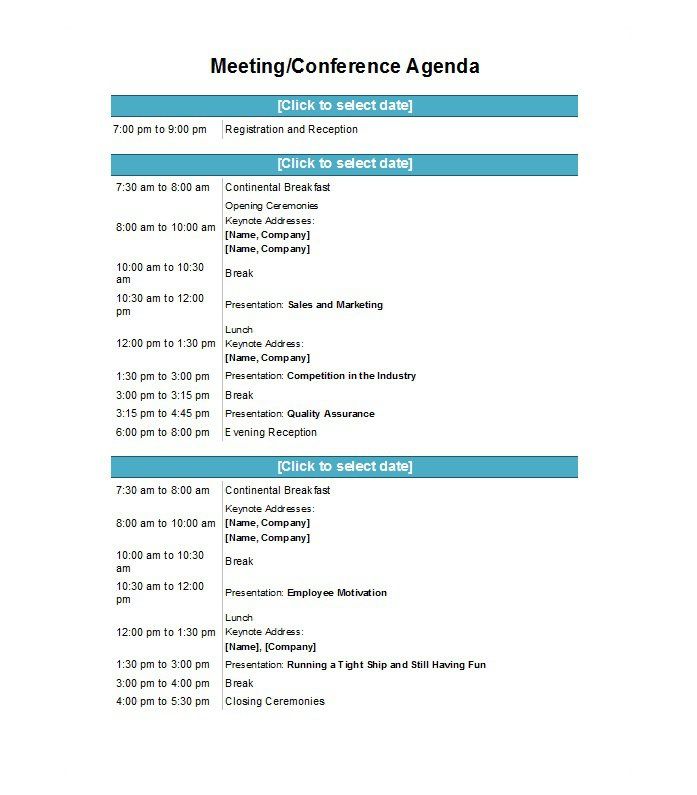How long to become a therapist
What Degree Do You Need to Be a Therapist?
If you’re interested in becoming a therapist, having a clear understanding of the right path to get there can make the process easier and more accessible. Therapists are admirable professionals who aid people in living happier and more enjoyable lives.
In fact, the American Psychological Association reports around 75% of those who receive therapy experience beneficial results. If you’re interested in helping people maintain a state of mental well-being, a career as a therapist is a viable way to earn a living while doing what you enjoy. Given the broad nature of the therapy field and related fields — such as counseling — you can benefit from having a clear vision of what these roles entail and how to qualify.
Therapist vs. Counselor: What Are the Differences?
It can be tricky to distinguish between the roles of therapists and counselors. The job duties of these roles often overlap, and to make matters more convoluted, people often use the terms interchangeably. Though it may seem confusing at first, each of these roles has both qualifications and practices that are specific to themselves. To put these roles into perspective, it can be helpful to understand what each role’s responsibilities are and the qualifications required.
Therapists
Therapists are professionals who are licensed in their state to provide therapy to their clients. Therapy often involves a focus on talk therapy and usually aims to explore clients’ pasts to uncover insights about their current feelings, behaviors, or traumas. Therapists typically specialize in a specific field, such as marriage and family therapy. Therapists hold at least a master’s degree, while some choose to obtain a doctorate. If a therapist chooses to advertise their practice as “psychotherapy,” then they must be licensed in the state in which they intend to practice. A licensed therapist is often qualified to practice specific types of counseling if they choose to, and in some cases do.
Counselors
Counselors, much like therapists, aim to help their clients with specific problems. However, counselors tend to focus more on helping their clients deal with psychological, mental health, and substance abuse issues than their therapist counterparts, who may concentrate on a client’s relationship-based and social needs. It is typical for counselors to provide their clients with coping strategies and advice to deal with their problems practically and immediately. Counselors can be sought out if someone has a problem which they want to receive treatment for a short duration of time, such as anxiety about a new career. Though some counselors are certified, some are not and rules vary in states about who is allowed to practice as a counselor. Some counselors hold only a bachelor’s degree while others are master’s degree holders.
However, counselors tend to focus more on helping their clients deal with psychological, mental health, and substance abuse issues than their therapist counterparts, who may concentrate on a client’s relationship-based and social needs. It is typical for counselors to provide their clients with coping strategies and advice to deal with their problems practically and immediately. Counselors can be sought out if someone has a problem which they want to receive treatment for a short duration of time, such as anxiety about a new career. Though some counselors are certified, some are not and rules vary in states about who is allowed to practice as a counselor. Some counselors hold only a bachelor’s degree while others are master’s degree holders.
__________
Advance your career and purpose.
Start a graduate degree at PLNU.
__________
How to Become a Therapist
When pursuing a career as a therapist, there are several requirements that you’ll have to complete before beginning your career. Having a clear understanding of this process can make becoming a therapist less daunting and more manageable. Here are the steps you’ll need to complete to become a licensed therapist:
Having a clear understanding of this process can make becoming a therapist less daunting and more manageable. Here are the steps you’ll need to complete to become a licensed therapist:
Step #1: Obtain a Bachelor’s Degree
The first thing you’ll need to do to become a licensed therapist is earn a bachelor’s degree. If you’re intent on becoming a therapist, then you should major in psychology or a related field. Gaining a foundational degree that exposes you to principles and practices of psychology will help prepare you for graduate school, and ultimately, a career as a licensed therapist.
Step #2: Obtain a Master’s Degree
Once you’ve obtained your bachelor’s degree, it’s time to pursue a master’s degree. When choosing your master’s program, it’s important to be clear about which specific field of therapy you wish to enter. Most fields of therapy require you to have a certification before practicing, and many certificates require that you have a master’s degree before certification.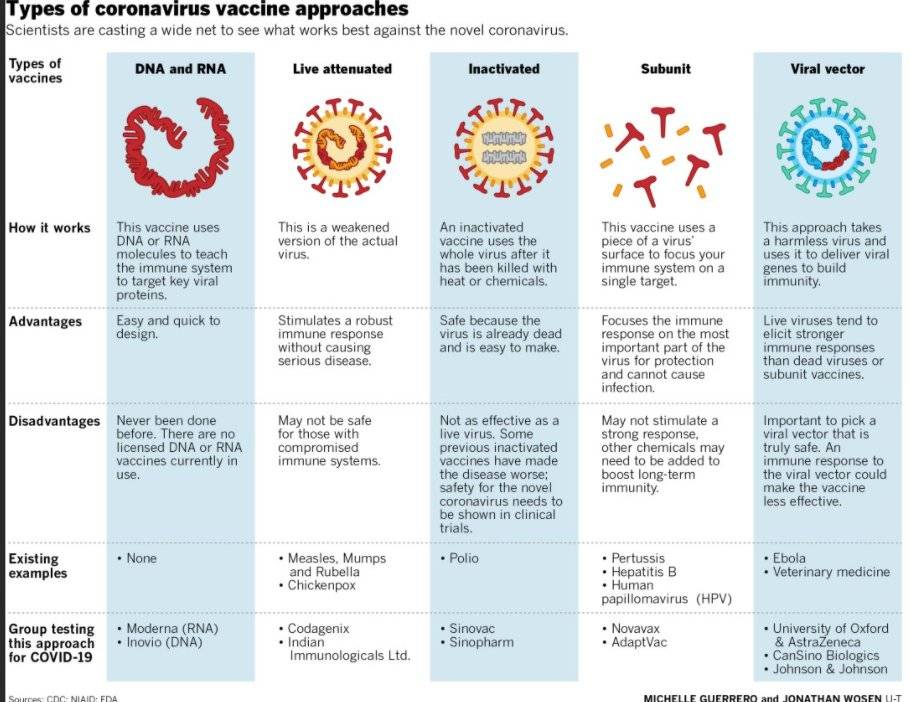
The master’s degree you pursue will depend on which certification you eventually intend to obtain. It will typically be a master’s degree in counseling, psychology, or social work. Be sure to know the specific requirements of your prospective certification before applying to a graduate degree program to ensure that you’re meeting the necessary requirements.
Step #3: Gain Clinical Experience
To become a certified therapist, you’ll need to gain around 3,000 hours of supervised clinical hours, though this can vary depending on different certification and state requirements. Master’s degree programs that meet the requirements of specific licenses will often offer guidance and support when it comes to gaining the hours needed to become a licensed therapist.
Step #4: Become Licensed or Certified
There are several avenues you can pursue to become a licensed therapist. Examples include the Licensed Marriage and Family Therapist (LMFT) certification and Licensed Professional Clinical Counseling (LPCC) certification.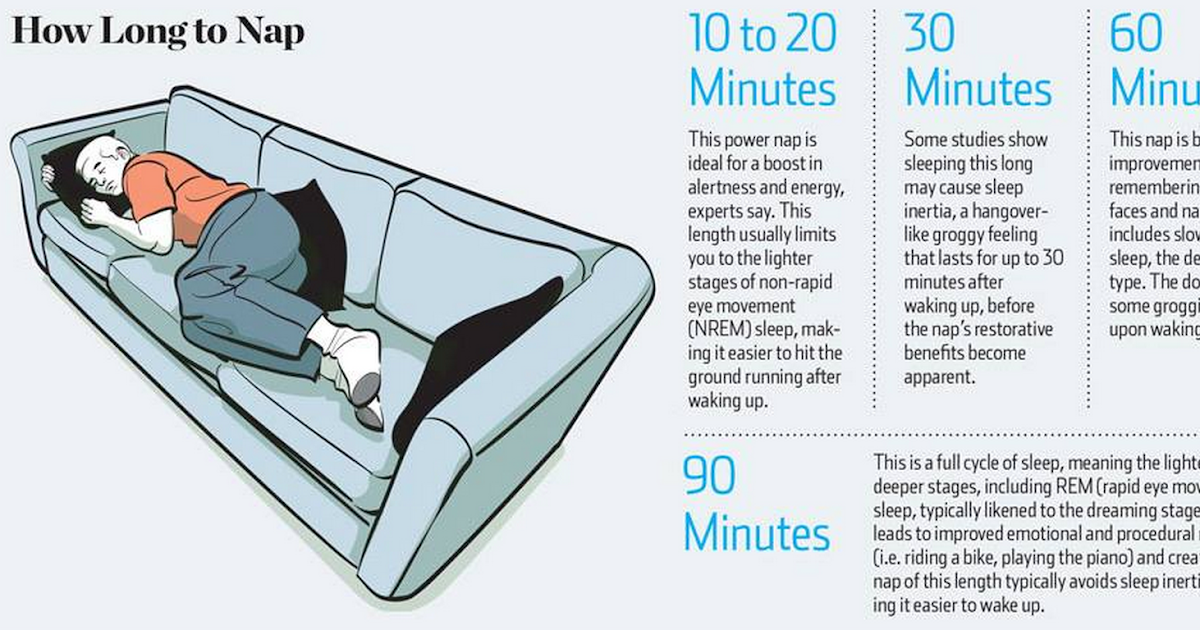 Each certification has unique requirements, such as a certain amount of supervised clinical work and master’s degrees that meet specific standards. It’s important to have a clear idea of which certification you eventually intend to obtain, as this will inform which program you’ll choose when pursuing your master’s degree.
Each certification has unique requirements, such as a certain amount of supervised clinical work and master’s degrees that meet specific standards. It’s important to have a clear idea of which certification you eventually intend to obtain, as this will inform which program you’ll choose when pursuing your master’s degree.
Therapist Licensing Requirements and Salary
To become a licensed therapist, you’ll need to finish all of the requirements of the specific licensure path you wish to pursue. There are various licenses, each with its own requirements, which typically include at least a bachelor’s degree, clinical experience, and in many cases, a master’s degree.
For example, If you plan on becoming a licensed marriage and family therapist in the state of California, you’ll need to obtain a Licensed Marriage and Family Therapist (LMFT) certificate to practice. The LMFT requires that you first receive a master’s degree in a relevant field and gain a certain amount of clinical experience before becoming certified. Whatever certification you plan to pursue, be sure to choose a program that meets the requirements for that license. Choosing a program that doesn’t meet the criteria for the license you’re pursuing can cost you a tremendous amount of time and money unnecessarily. One program that does meet the requirements for certification is Point Loma Nazarene University’s Master of Arts in Clinical Counseling.
Whatever certification you plan to pursue, be sure to choose a program that meets the requirements for that license. Choosing a program that doesn’t meet the criteria for the license you’re pursuing can cost you a tremendous amount of time and money unnecessarily. One program that does meet the requirements for certification is Point Loma Nazarene University’s Master of Arts in Clinical Counseling.
Therapist salaries can vary widely based on field, level of education, location, and industry. According to the U.S. Bureau of Labor Statistics, the average annual salary of a licensed marriage and family therapist is $49,880 while they report that the annual median income of all other therapists is $59,500. To gain a clearer view of licensed marriage and family therapist salaries, it’s important to unserstand that salaries can vary depending on both region and industry. For example, according to the U.S. Bureau of Labor Statistics, the annual mean wage for marriage and family therapists who work in the home health industry was $97,780 as of 2021 while the annual mean wage for marriage and family therapists practicing in Utah was $86,490.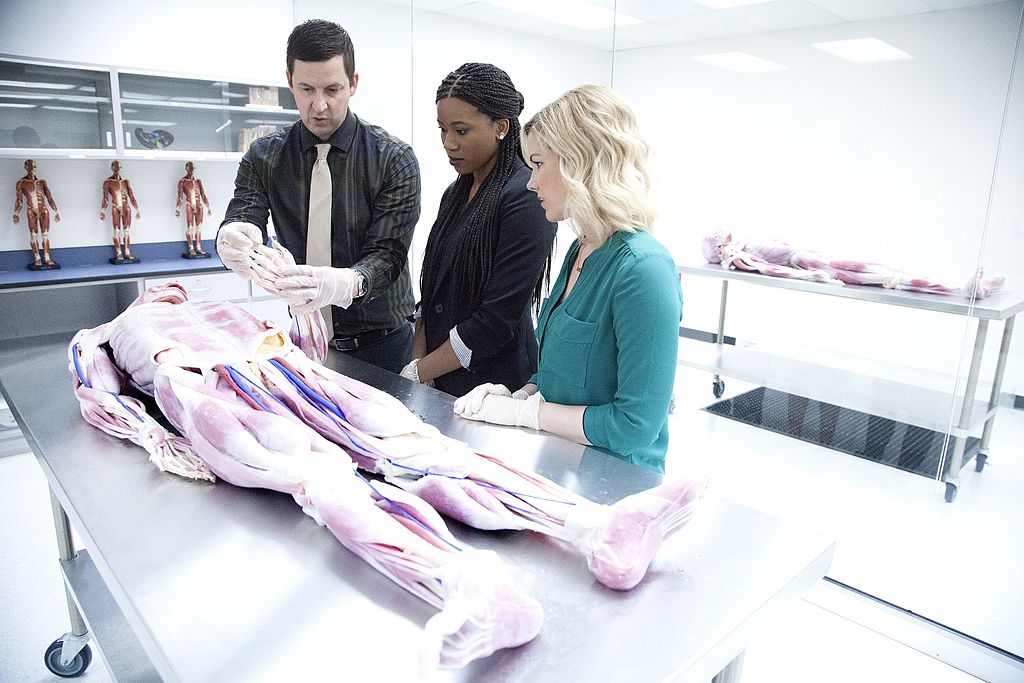 Other industries that boast higher than average marriage and family therapist salaries includephysician’s offices and schools.
Other industries that boast higher than average marriage and family therapist salaries includephysician’s offices and schools.
How Long Does It Take To Become a Therapist?
The process of becoming a therapist can vary depending on which path you choose and the amount of education you choose to pursue. Those who intend to stop schooling after a master’s degree can typically expect to spend around seven to ten years studying and becoming certified before becoming a therapist. This includes the typical four years and two to three years typically needed to obtain a bachelor’s degree and master’s degree respectively.
After schooling, most certification requires you to gain clinical work under the supervision of other professionals for a certain amount of time. This amount differs depending on the license, but you can typically expect to need around 3,000 hours to meet therapist licensure requirements.
Discover How a Master of Arts in Clinical Counseling Can Elevate Your Career
Our trainee practicum clinic offers students a unique opportunity to practice, review, and hone their counseling skills as they see real clients in a recorded environment, with supervised credits earned.
\By gaining on-campus clinical experience, professional training, and career guidance, Point Loma Nazarene University can help you elevate your career and pursue the therapist role you’ve always aspired to reach. PLNU’s Master of Arts in Clinical Counseling program offers you the opportunity to meet the requirements you need to gain LMFT and LPCC certification and take your professional career as a licensed therapist to the next level.
Request more informaiton
Apply now
How Long Does It Take To Become a Therapist?
Professional therapists are highly respected mental health professionals that practice their profession all across the world. They gain certification and legal credentials to practice their mental health care craft through a variety of academic channels. Some begin their training in the field of psychology, while others shift to the therapy profession from other educational backgrounds. Regardless, all therapists have taken on the task of becoming licensed mental professionals which is no easy feat. The educational path requires a great deal of hard work and commitment. Everyone who enters the field of professional counseling and therapy begins with the same question: how long does it take to become a therapist?
The educational path requires a great deal of hard work and commitment. Everyone who enters the field of professional counseling and therapy begins with the same question: how long does it take to become a therapist?
What Is a Therapist?
The word therapist is used as an umbrella term to define mental health care professionals who provide counseling services in a variety of settings with distinct goals. Sample outcomes include PTSD recovery, marriage and family therapists, substance abuse, social coaching, and occupational support. Therapists may work in addiction recovery, school counseling, marriage, and family therapy, or helping with specific mental health conditions. The Bureau of Labor Statistics lists the following specialty job titles for therapists: health educator, probation officer, and social worker. Anyone of these counselors may provide therapy in individual, couple, family, or group settings.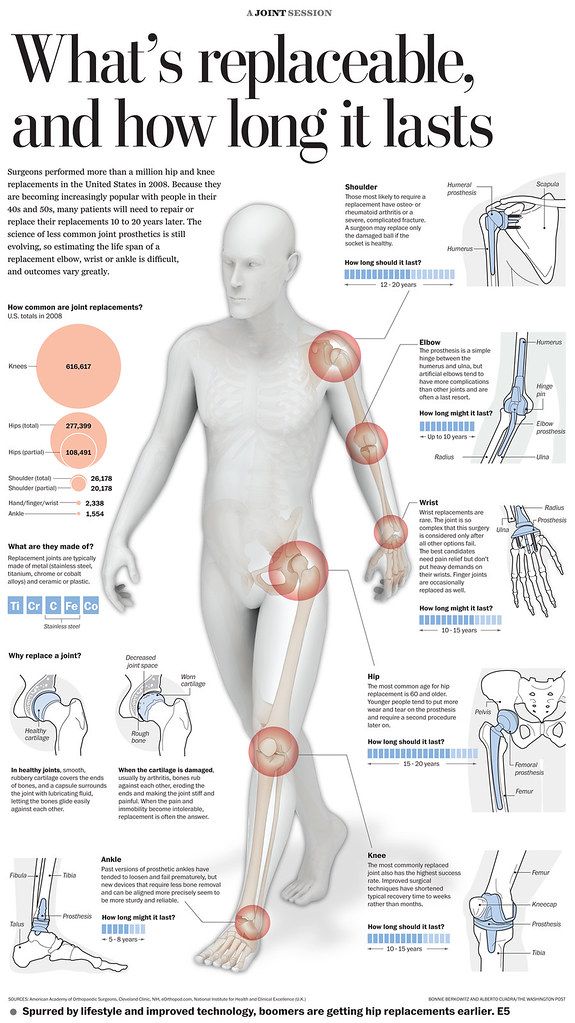
Therapists may be defined by the therapeutic tools they use in their work to help their clients. Play therapists use interactive play as a medium to reach the children with whom they work. Music therapists use active music exercises and exploration to achieve measurable client goals. Art therapists use artistic expression to help their clients to vent their thoughts and feelings. Therapists are also defined by the clinical style or school of psychology they follow, such as schema, psychodynamic, or cognitive behavioral therapy.
What Pre-Training is Recommended?
Therapists also come from a variety of educational backgrounds. They may be degreed psychologists or clinical social workers. Some may come to their graduate training from a related field such as health care, human resources, or even pastoral ministry. Anyone interested in a possible therapy career should consider taking the following sample electives. A Psychotherapy Concepts course introduces students to the theoretical models for understanding behavior. Students will learn the historical and current approaches to treating mental dysfunction.
A Psychotherapy Concepts course introduces students to the theoretical models for understanding behavior. Students will learn the historical and current approaches to treating mental dysfunction.
A Lifespan Development class covers the social, moral, cognitive, biological and emotional aspects of human development across the lifespan. This trains the student to analyze the psychological facts and environmental contexts that influence normal and abnormal functioning. Many professions have industry ethics standards, so a class in Professional Health Care Issues will familiarize students with legally sensitive topics like confidentiality, client autonomy, dual relationships and clear boundaries. Other useful psychology subjects include gender, ethnicity, feminism, humanism and socio-cultural perspectives.
What are the Education Requirements?
When an individual decides to become a mental health professional, they must be prepared for the education requirements in their future.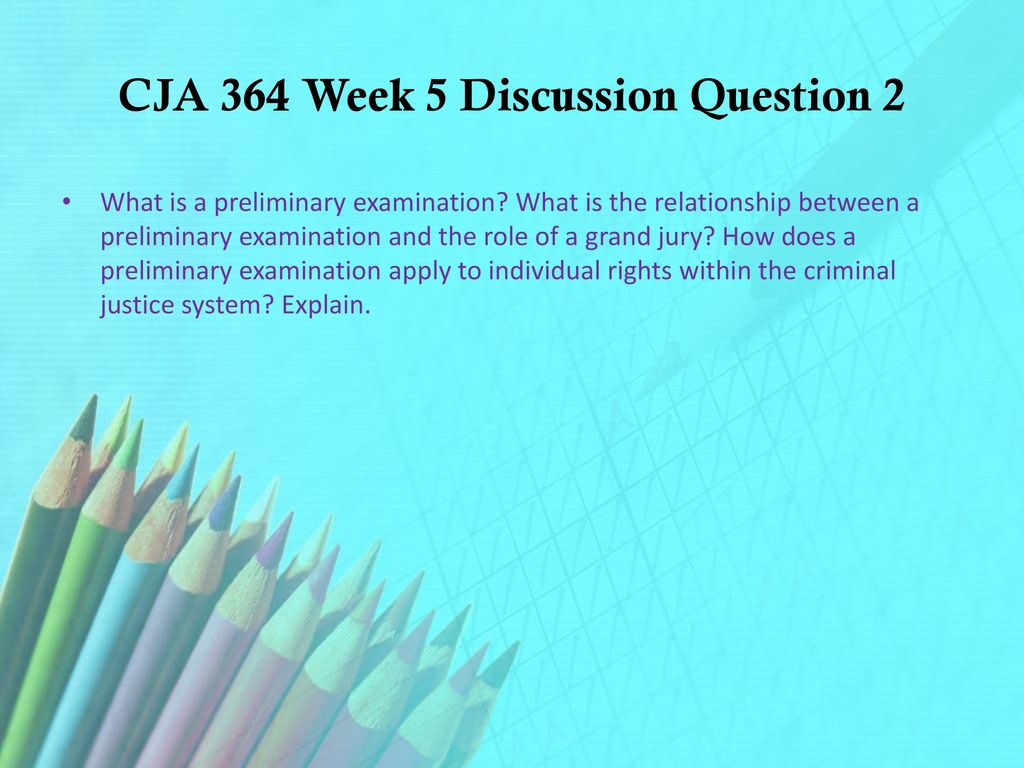 Mental health is a booming field and while the world can never have too many therapists, they do need to check all of the educational boxes before practicing in order to keep everyone safe.
Mental health is a booming field and while the world can never have too many therapists, they do need to check all of the educational boxes before practicing in order to keep everyone safe.
All therapists must begin by getting a bachelor’s degree. Many therapists obtain bachelor’s degrees in psychology, but others begin in liberal arts fields for their bachelor’s degree and then shift to graduate degrees in therapy or counseling. Beyond the bachelor’s degree, therapy training is diverse. Some students pursue a Ph.D. level degree, but this is not necessary to clinically practice. Most counselors are master’s level graduates. A doctorate-level degree tends to be for those students who are interested in becoming educators, researchers, or supervisors.
In addition to the required graduate-level coursework, therapist training includes practical experience, which is usually a practicum or internship. This is the final process for earning a professional license so that therapists can become licensed mental health professionals. This usually involves a set number of hours in which the student is supervised by a professional in a work setting. There is a state certification exam for becoming a licensed professional therapist. Thus, most students can anticipate completing six to eight years of higher education. This includes about four years for a bachelor’s degree, one to two years for both a master’s degree and clinical training or internship.
This is the final process for earning a professional license so that therapists can become licensed mental health professionals. This usually involves a set number of hours in which the student is supervised by a professional in a work setting. There is a state certification exam for becoming a licensed professional therapist. Thus, most students can anticipate completing six to eight years of higher education. This includes about four years for a bachelor’s degree, one to two years for both a master’s degree and clinical training or internship.
What is the Standard Bachelor’s Degree for Therapists?
A bachelor’s degree in psychology is the golden standard for anyone who wants to work in the therapy, counseling fields, or another form of mental health care. Bachelor’s degrees come in the specializations that will match the student’s therapy career goals, but a master’s degree is required for clinical work in most states. Choosing between a bachelor of arts or a bachelor of science degree in psychology should be an easy decision. The bachelor of arts offers psychology-focused courses in the social sciences. It is perfect for those who want to work in law, education, journalism, and business. The bachelor of science degree emphasizes technical courses in math, science, statistics, research, and experimentation.
Choosing between a bachelor of arts or a bachelor of science degree in psychology should be an easy decision. The bachelor of arts offers psychology-focused courses in the social sciences. It is perfect for those who want to work in law, education, journalism, and business. The bachelor of science degree emphasizes technical courses in math, science, statistics, research, and experimentation.
Psychologists earned an average salary of $100,770 in 2018.
– U.S. News and World Report
A science-based degree in psychology includes a broad survey of the fundamental aspects of human thought and behavior at the different stages of life. Students learn how individual and group thoughts and behaviors are continuously influenced by socio-cultural and environmental factors. A course in general psychology will provide an overview of the history of psychology. Some of the most common topics covered include motivation, perception, intelligence, sensory functions and psychopathology. Class topics will cover research ethics, cognitive neuroscience, and scientific reasoning. Almost all psychology degrees include courses in social, health, abnormal, experimental, and personality psychology.
Class topics will cover research ethics, cognitive neuroscience, and scientific reasoning. Almost all psychology degrees include courses in social, health, abnormal, experimental, and personality psychology.
What are the Graduate Degree Options for Therapists?
The most common graduate degree that a therapist has is in clinical mental health counseling. This popular degree teaches students about the basic statistics, research methods, needs assessment and psychodynamic viewpoints of therapy. From an individual perspective, students learn about personality development, brain functioning and trauma treatment. The latter is an important topic because many clients will have experienced problems ranging from domestic violence to childhood abuse to combat PTSD. One core skill is individual assessments for therapeutic counselors because they must use standardized tests to measure client functionality, struggling and needs.
From a social perspective, students will learn about the relationship dynamic, organizational behavior, and social psychology. Many therapists, such as those who work with anxiety, addiction, and substance abuse problems, will deal with group counseling sessions. This is quite different from individual work because there are group dynamics, cohesion obstacles and development phases that need knowledge of working alliances and conflict management. The second most popular graduate degree is marriage and family counseling. This degree investigates and resolves the complex dynamics of family and couple relationships. Common topics include systems theory, the family life cycle, and culture and society issues.
What are the Internship and Practicum Like?
The question of how long does it take to become a therapist can never be truly defined because therapy degrees have different requirements for internships and practicums. Master’s degrees in therapy will qualify students for state licensure, so there will be mandatory clinical training. The internship will likely be completed at a faculty-approved site in tandem with writing assignments that connect field experience to relevant coursework. The practicum will involve working face-to-face with clients while being supervised by a licensed counselor. Some degree programs require students to pursue and secure their practicum and internship sites. Some students choose just one, but state licensing agencies may require both to be completed.
Master’s degrees in therapy will qualify students for state licensure, so there will be mandatory clinical training. The internship will likely be completed at a faculty-approved site in tandem with writing assignments that connect field experience to relevant coursework. The practicum will involve working face-to-face with clients while being supervised by a licensed counselor. Some degree programs require students to pursue and secure their practicum and internship sites. Some students choose just one, but state licensing agencies may require both to be completed.
Most programs prefer facilities with an existing relationship and network of contacts. There may be official manuals with legal documentation and disclosures that must be signed. The practicum usually includes a weekly one-hour group meeting for discussion. This is the best chance to process coursework with work experiences and professional development. There is also a one-hour individual coaching session with a supervisor. Some of the internships require college students to commit anywhere from 15 to 20 hours a week to a community agency. Students are usually allowed two semesters to complete their programs.
Some of the internships require college students to commit anywhere from 15 to 20 hours a week to a community agency. Students are usually allowed two semesters to complete their programs.
What is the Credentialing Process Like?
One of the most common credentials for licensed therapists is the National Counselor Examination (NCE) that is offered through the National Board for Certified Counselors (NBCC). This exam starts by testing the candidate’s counseling knowledge of issues related to things like anxiety, dementia, divorce, mood disorders, and impulse control. Next, the exam explores the activities needed for directing, structuring, and facilitating sessions, treatments, and interventions. This includes conducting diagnostic interviews, community outreach, referral services, and therapeutic alliances. Counseling processes include case notes, legal documentation, and treatment plans. Therapists must know how to obtain authorization for the exchange of client information and informed consent.
The third part of the exam covers the proper application of diagnostic and assessment procedures. Therapists must perform things like biopsychosocial interviews, initial assessments, custody evaluations, forensic interviews, and functional behavioral analysis. All tests and diagnostic criteria are based on the current version of the Diagnostic and Statistical Manual (DSM). The fourth section is about professional practices and standards related to client service. This includes advocating for clients, medical solutions, and the profession of therapists. This section also covers self-assessments of effectiveness, collaborating with other professionals, and applying the best case management approaches. The fourth section is about professional development and consultation, such as communicating with the justice system and the credentialing board. Therapists may consult with peers and other experts about medications and treatment goals in multidisciplinary team meetings.
What is an Art Therapy Specialization Like?
Art therapy programs produce competent counselors who have the knowledge and skills to positively affect the client’s behavior and treatment. Students are trained in how to help their clients engage in self-reflection while fostering the meaning of life’s experiences through art. This graduate degree includes standard exams and research papers, but also art-based assessments. Some of these degree programs will conclude in a final exam that is in the form of a comprehensive case study. Standard classes include art therapy methods, history, application, assessments, and techniques. Advanced classes include biopsychology, trauma treatment, and spirituality in art and counseling.
Students are trained in how to help their clients engage in self-reflection while fostering the meaning of life’s experiences through art. This graduate degree includes standard exams and research papers, but also art-based assessments. Some of these degree programs will conclude in a final exam that is in the form of a comprehensive case study. Standard classes include art therapy methods, history, application, assessments, and techniques. Advanced classes include biopsychology, trauma treatment, and spirituality in art and counseling.
When applying, students’ transcripts should reflect they have passed studio art classes like including drawing, painting, and sculpting. All degree problems will want an art portfolio that includes anywhere from five to fifteen pieces or slides that show proficiency in different media. Some of these programs require students to submit their undergraduate, final research-based paper on a psychology topic. Internships and practicum placements may come with certain health and other screening requirements to protect vulnerable populations. Programs at rehabilitation centers may require the students to complete a drug test and criminal background check.
Internships and practicum placements may come with certain health and other screening requirements to protect vulnerable populations. Programs at rehabilitation centers may require the students to complete a drug test and criminal background check.
What is an Educational Counseling Specialization Like?
This therapeutic degree specialization prepares counselors for professional excellence in academic settings. Students will enjoy clinical skill development, personal disposition growth, and enhanced cross-cultural awareness. Being an educational counselor means having a strong sensitivity to ethnic, cultural, religious, and gender populations. Students learn counseling theories and techniques to help diverse clinical issues and needs. Educational counselors must have a firm knowledge of the legal, ethical, and moral duties and dilemmas that they will face with students.
This degree will be grounded in relevant empirical research and the current models of school counseling programs.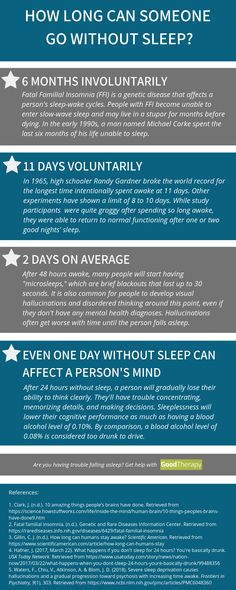 The American School Counselor Association and American Counseling Association usually provide these national models, policies, and procedures. Student Counseling courses teach therapists about interview and observation techniques for collecting and interpreting data that is transformed into reports. This degree also teaches students about ethical decision-making processes and the counselor’s role as a social change agent. Learning about crisis and disaster response is especially beneficial for therapists who are employed in public schools.
The American School Counselor Association and American Counseling Association usually provide these national models, policies, and procedures. Student Counseling courses teach therapists about interview and observation techniques for collecting and interpreting data that is transformed into reports. This degree also teaches students about ethical decision-making processes and the counselor’s role as a social change agent. Learning about crisis and disaster response is especially beneficial for therapists who are employed in public schools.
What Does a Recreational Therapist Do?
Recreational therapists direct medically appropriate recreational programs for patients. A recreational therapist provides screening, evaluation, and rehabilitation services for patients who have problems related to leisure pursuits. These issues could be social, physical, cognitive, or behavioral deficits. Some of the treatment goals may be defined by a physician. Recreational therapists may participate in outdoor-based treatment programs. They may organize and direct activities such as sports, theater, games, and art-based crafts. All of these are designed to help patients develop confidence, interpersonal relationships, physical capabilities, and social skills.
Recreational therapists may participate in outdoor-based treatment programs. They may organize and direct activities such as sports, theater, games, and art-based crafts. All of these are designed to help patients develop confidence, interpersonal relationships, physical capabilities, and social skills.
During the activities, the recreational therapist may instruct their clients in relaxation and de-stressing techniques, such as deep breathing and concentration. Some even help the activity leaders lead the groups in stretching and exercise activities. Those who work primarily in health care settings will continually analyze and document the client’s performance and progress. Recreational therapists provide group therapy and crisis intervention to patients. They ensure that treatment plans are supported by standard policies and current literature. These therapists must be a Certified Therapeutic Recreational Specialist (CTRC) through the National Council for Therapeutic Recreational (NCTRC).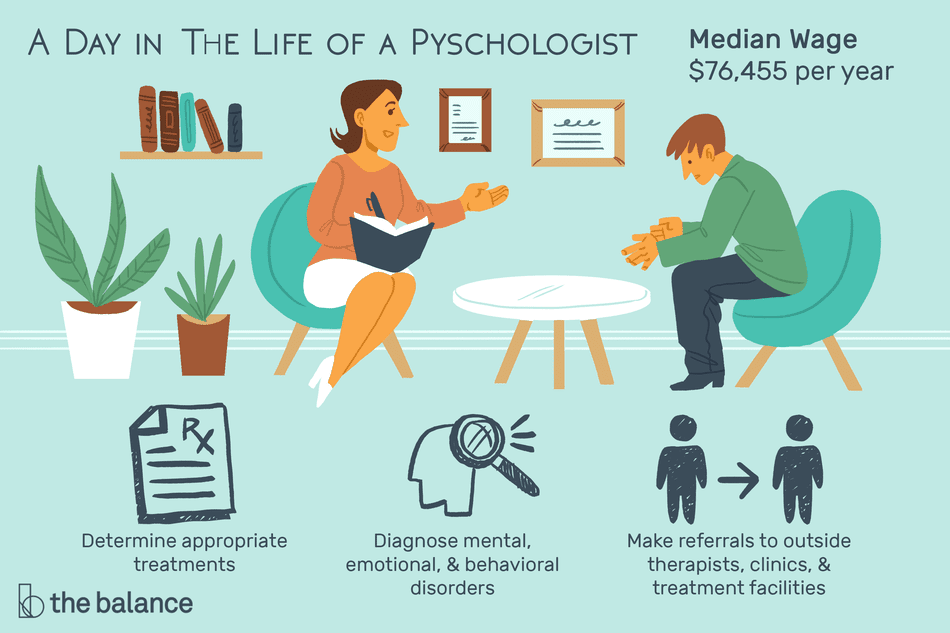
What Does a Substance Abuse Therapist Do?
Therapists who specialize in addictions will take graduate classes in substance abuse evaluation and treatment. They will learn the etiology and epidemiology of substance use and co-occurring disorders. These therapists know the prevention, intervention, outreach, and recovery support strategies and tools. They will ensure quality, people-centered care through counseling clients individually and in group sessions to overcome alcohol and drug dependency. Substance abuse therapists formulate a customized treatment and rehabilitation program for clients. They help family members deal with common problems and provide support to their relatives.
Substance abuse therapists prepare and maintain progress reports and case histories. This documentation is often used by the courts, physicians, and state Child Welfare agencies. Substance abuse therapists monitor the clients’ condition to evaluate the success of therapy and compliance with treatment requirements. Every week, they conduct activities to prevent alcohol and drug abuse while encouraging healthy choices and lifestyles. They often refer the client to other support services as needed. This could be an external therapy group or a state social worker. Some specialize in community outreach programs to ensure maximum client participation and community health.
Every week, they conduct activities to prevent alcohol and drug abuse while encouraging healthy choices and lifestyles. They often refer the client to other support services as needed. This could be an external therapy group or a state social worker. Some specialize in community outreach programs to ensure maximum client participation and community health.
What Does a Marriage and Family Therapist Do?
Marriage and family therapists provide interventions for different diagnoses and levels of intensity. To do this properly, they must understand the impacts of trauma and how to effectively resolve it. They must also maintain clinical boundaries and professional emotional distance for safety. These therapists often collaborate with treatment providers by participating in case meetings and creating referrals for other services. Marriage and family therapists may hold a variety of credentials, such as a Licensed Professional Clinical Counselor (LPCC) and Licensed Marriage and Family Therapist (LMFT).
Their job is to establish rapport with patients to build trust and confidence. The first meeting will establish the psychotherapeutic goals with goal dates and measurable outcomes. They obtain patient history and analyze the dynamics to identify progress and healing barriers. They usually complete a comprehensive assessment within the first few days of meeting with the client. They identify weekly treatment expectations and commitment contracts that are specific to individual client needs. Group family psychotherapy sessions may occur once a week and will require extra energy to mediate and resolve conflicts and historical problems.
What Does a Sex Offender Treatment Therapist Do?
These therapists work for the state Department of Corrections and probation programs. A sex offender treatment therapist is responsible for providing help to prisoners. They provide individual and group sex offender treatments while managing a challenging their caseload.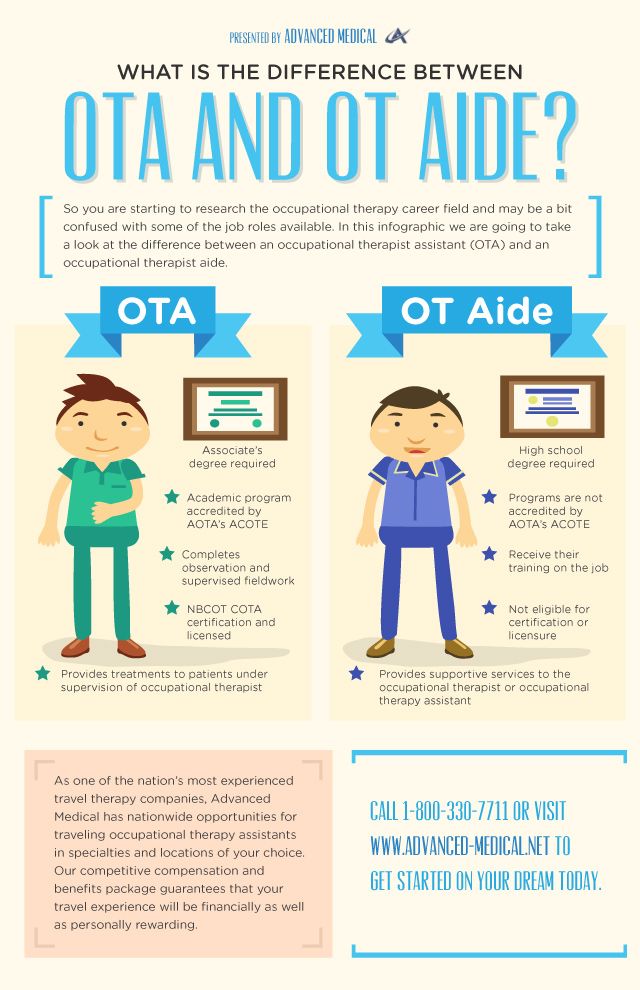 These therapists develop treatment plans and keep progress notes that are both a health care record and a law enforcement record. They must continually update needs and compliance assessments for the pre- and post-treatment phases. Finalizing the offender’s re-entry and transition into the community can be difficult and time-consuming.
These therapists develop treatment plans and keep progress notes that are both a health care record and a law enforcement record. They must continually update needs and compliance assessments for the pre- and post-treatment phases. Finalizing the offender’s re-entry and transition into the community can be difficult and time-consuming.
Sex offender treatment therapists complete a variety of documentation, such as risk assessments, behavioral change plans, and institutional treatment guidelines. Every week, they participate in staff meetings and liaison with mental health care providers and criminal justice professionals. They may also work directly with state officials and victim advocates to manage their caseload of sex offenders. They must often identify individualized offender risk triggers and recommend appropriate management strategies. They deliver testimony to parole boards and probation officers. Some provide workshops to external government agencies.
What Qualities Does a Therapist Need?
Therapists work with diverse clients in various settings, but they still need to share similar professional qualities. They should be able to follow company, medical and regulatory policies and guidelines. Therapists should have the ability to offer culturally sensitive advice and should be trauma-informed. This means that they have a respectful and accepting attitude toward clients and families. This includes knowledge of the best practices for gender-specific needs. Some clients may be aggressive, avoidant, manipulative, and accusatory. Therapists must sometimes work under pressure and quickly act in high-stress situations with limited help. Thus, they must have strong negotiation and critical thinking skills. Employers prefer therapists who have a strong commitment to quality of service and participation in multidisciplinary settings.
They should be able to follow company, medical and regulatory policies and guidelines. Therapists should have the ability to offer culturally sensitive advice and should be trauma-informed. This means that they have a respectful and accepting attitude toward clients and families. This includes knowledge of the best practices for gender-specific needs. Some clients may be aggressive, avoidant, manipulative, and accusatory. Therapists must sometimes work under pressure and quickly act in high-stress situations with limited help. Thus, they must have strong negotiation and critical thinking skills. Employers prefer therapists who have a strong commitment to quality of service and participation in multidisciplinary settings.
At all times, they must maintain the safety and well-being of their clients by meeting their physical, emotional, and mental health needs. Therapists should understand the therapeutic process, confidentiality laws, and professional ethics standards.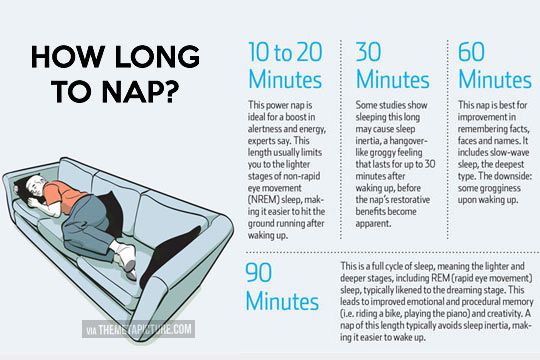 They will need to comply with state requirements for reporting things like child abuse, elder neglect, domestic violence, and danger to self and others. Therapists are required to be computer literate and hopefully have experience with clinical information systems. They are expected to function independently within a collaborative team environment. Therapists will work with other professionals such as educators, doctors, social workers, and law enforcement. They will also work with detailed health care documentation and benefit rules and regulations.
They will need to comply with state requirements for reporting things like child abuse, elder neglect, domestic violence, and danger to self and others. Therapists are required to be computer literate and hopefully have experience with clinical information systems. They are expected to function independently within a collaborative team environment. Therapists will work with other professionals such as educators, doctors, social workers, and law enforcement. They will also work with detailed health care documentation and benefit rules and regulations.
Where Can I Find More Information?
Almost all therapy and counseling degree program websites will include relevant information regarding state licensing and board accreditation policies and processes. Remember that all therapists must comply with the Ethical Standards of the American Counseling Association (ACA) and the American Psychological Association (APA) Code of Ethics. Be aware that the core curriculum for therapy and counseling degrees should be aligned with the objectives established by the American Psychological Association. Graduate therapy degrees should ideally be approved by the Council for Accreditation of Counseling and Related Educational Programs (CACREP).
Graduate therapy degrees should ideally be approved by the Council for Accreditation of Counseling and Related Educational Programs (CACREP).
The following associations and groups provide additional information regarding how to become a professional therapist and the specific training requirements in the different fields.
- American Art Therapy Association
- American Music Therapy Association
- American School Counselors Association
- National Association of School Psychologists
In closing, the answer to the question ‘how long does it take to become a therapist’ is generally seven to eight years. There are entry-level jobs in non-clinical counseling that can be found in substance abuse programs and job titles like ‘assistant counselor’ in public schools. If you are looking to join the ever growing team of mental health care professionals, we hope this was helpful!
Related Resources:
Do I Need a Bachelor’s in Psychology to Become a Therapist?
What is a Sports Rehabilitation Therapist?
5 Popular Specialty Areas for Marriage & Family Therapists
5 Books Every Family Therapist Needs in Their Collection
What Does an Art Therapist Do?
Profession Therapist
College of Economic International Relations
For graduates of 9th and 11th grades.
Higher education online
Federal project of distance education.
I would go to the oil industry!
Take the test, find out your future profession and how to get it.
Future technologies
Get inspired to become a cool engineer to change the world
Student projects
Moscow Polytechnic University students talk about their inventions
Chemistry and Biotechnology at RTU MIREA
120 years of training experience
International College of Arts and Communications
MKIK - modern college
English language
Together with Wall Street English experts, we decided to talk about English in a way that would make you want to learn it.
15 rules of safe behavior on the Internet
Simple but important rules for safe online behavior.
Olympiads for schoolchildren
List, calendar, levels, benefits.
First economic
We talk about what lives and how the REU named after G.V. Plekhanov.
Ticket to Holland
Participate in the competition and win a trip to Holland to study at one of the summer schools at Radboud University.
Digital Heroes
They create Internet services, social networks, games and applications that are used daily by millions of people around the world.
Jobs of the future
How new technologies, scientific discoveries and innovations will change the landscape of the labor market in the next 20-30 years
Dream professions
Together with the Foxford online learning center, we decided to ask schoolchildren who they dream of becoming and where they plan to go.
Economic Education
About what the modern economy is and what career prospects open up for future economists.
Humanitarian sphere
We talk with experts about the importance of liberal arts education and the areas of its application in practice.
Young engineers
Engineering specialties are becoming more and more in demand and promising.
Table of ranks
What is the civil service, who are civil servants and what kind of education is a good start for future officials.
Career in petrochemistry
Petrochemistry is innovation, the real production of products that are in every home.
How many years study at the Medical University.
Apply to study at the Faculty of Medicine
I consent to the processing of personal data, I agree to receive newsletters from Synergy University and agree to the privacy policy.
Terms of study: from admission to graduation
Physicians are trained only full-time. At medical universities they study for a long time, from 5.5-6 years. Becoming a doctor takes a lot of patience and effort.
The training program should be chosen according to preferences. Studying will not bring benefits and pleasure to students if there is no interest in the specialty.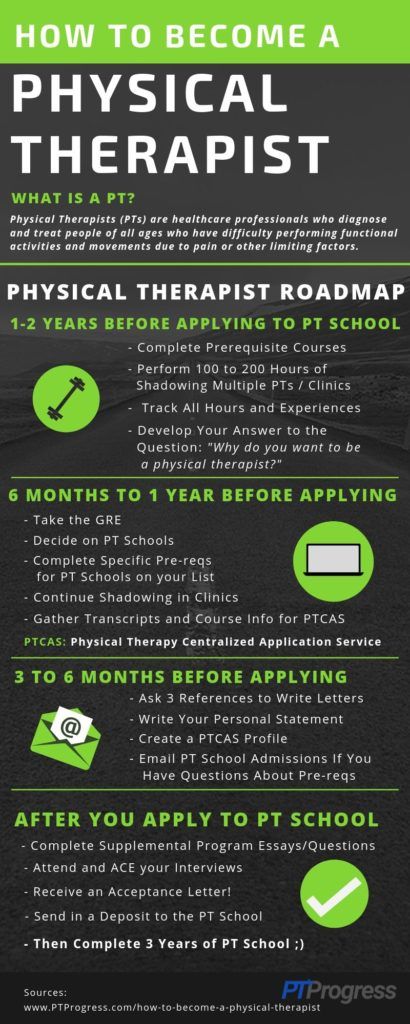 Choosing the difficult path of the medical profession means analyzing the following risks before admission and accepting them:
Choosing the difficult path of the medical profession means analyzing the following risks before admission and accepting them:
- big competition;
- difficulties in admission and high requirements, in-depth knowledge of chemistry, biology;
- the specifics of the specialty may turn out to be psychologically difficult - one has to deal with open wounds, injuries. – paraphrase
There is no need to idealize the chosen program - it has pluses and minuses. The term of training for specialists is from 5.5 to 6 years at the full-time department, depending on whether the applicant enters after school or after college.
Doctors are always and everywhere needed - this is an undeniable advantage of the specialty. With such an education, you can always find a job. It is important to know the advantages and disadvantages of the chosen program.
Colleges provide secondary vocational education. The duration of study is shorter and the cost is less.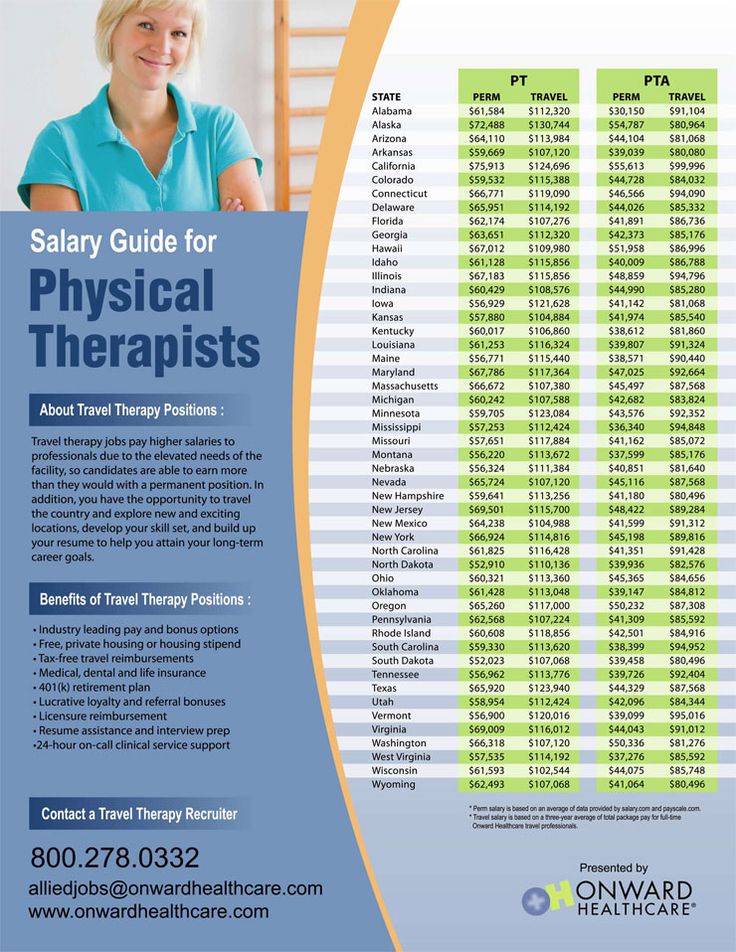 They enter the university for a degree. They study longer there and pay more money for education.
They enter the university for a degree. They study longer there and pay more money for education.
Residency is required for doctors to obtain a narrower focus (urologist, gynecologist, cardiologist, surgeon, neurologist). Depending on the direction, residency lasts from 2 to 4 years. They go there after graduating.
College years
College occupations:
- pharmacist;
- nurse/brother;
- paramedic.
After 9th grade students study for 3 years and 10 months. After grade 11 - 2 years and 10 months.
You don't need to take the Unified State Examination to get into college, it's cheaper to study there. In a few years you can go to work. But with such qualifications, it is difficult to move up the career ladder and earn a lot, so many graduates enter universities.
After the 9th grade of the school, in the first year they study both general education and highly specialized subjects. They study drugs, their properties, how and when they are prescribed.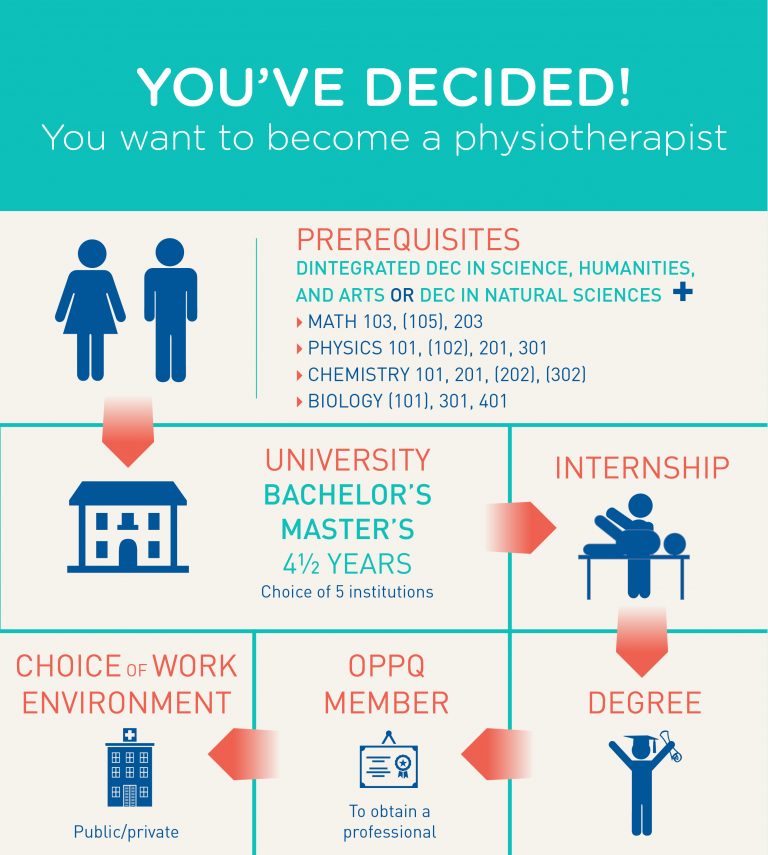 the structure of the human body and how its organs work. They go through the basics of the specialty and how to provide medical services.
the structure of the human body and how its organs work. They go through the basics of the specialty and how to provide medical services.
Terms of study at the university
5.5 - 6 years of study as a general practitioner. Dentist - 5 years.
They always go to classes in a cap and a white coat, even in philosophy, a foreign language. There should be several kits. They need to be washed regularly and always taken with you.
The first course is the most difficult. Its end is the time when every fifth student wants to drop out. Freshmen are repelled by the complexity of the subjects, the strictness of the teachers, and the heavy workload. Many cannot stand the sight of wounds, blood, corpses.
After 11th grade students study for 6 years, after college - 5.5 years. Graduates undergo primary accreditation. They test their theoretical knowledge and practical skills.
After successful completion, you can work as a therapist. To become a surgeon, a cardiologist, a doctor of another narrow focus, you need to study in residency.
Admission conditions
With a secondary medical education, they pass entrance examinations in the Russian language, biology, chemistry. To enter after school, you need to pass the exam.
Applicants with Russian citizenship submit a package of documents, consisting of: application, personal data questionnaire, certificate, passport, photographs, health certificate.
Medicine - for those who know the natural sciences. In the absence of basic knowledge, it is better to choose a college or another direction.
When choosing a private school, you should make sure that it is accredited. You need to be sure that this will not cause obstacles in obtaining a diploma and starting a career.
Peculiarities of the educational process
There is a so-called “primary dropout” in a medical university - after finishing one semester, many leave. First-year students are frightened by anatomy, the smell of formalin. On the model, it will not be possible to find out the features of the operation, the location of the organs. I have to work with corpses, periodically visit the pathoanatomical department. Working with biomaterial is obligatory, therefore impressionable people are advised not to enter the medical field.
First-year students are frightened by anatomy, the smell of formalin. On the model, it will not be possible to find out the features of the operation, the location of the organs. I have to work with corpses, periodically visit the pathoanatomical department. Working with biomaterial is obligatory, therefore impressionable people are advised not to enter the medical field.
Another feature is what third-year students experience. During this period, the student has already received a decent amount of skills, developed memory. Skills are poorly structured. A picture arises - the student begins to discover the symptoms of many studied diseases (the so-called "third-year syndrome").
Medical school is characterized by strict discipline. It is not easy to study - lateness, absenteeism, debts are prohibited. If you do not submit work on time and miss classes, expulsion is guaranteed.
Each applicant must assess the prospects, the demand for the profession. Medicine is an opportunity to develop in different directions.